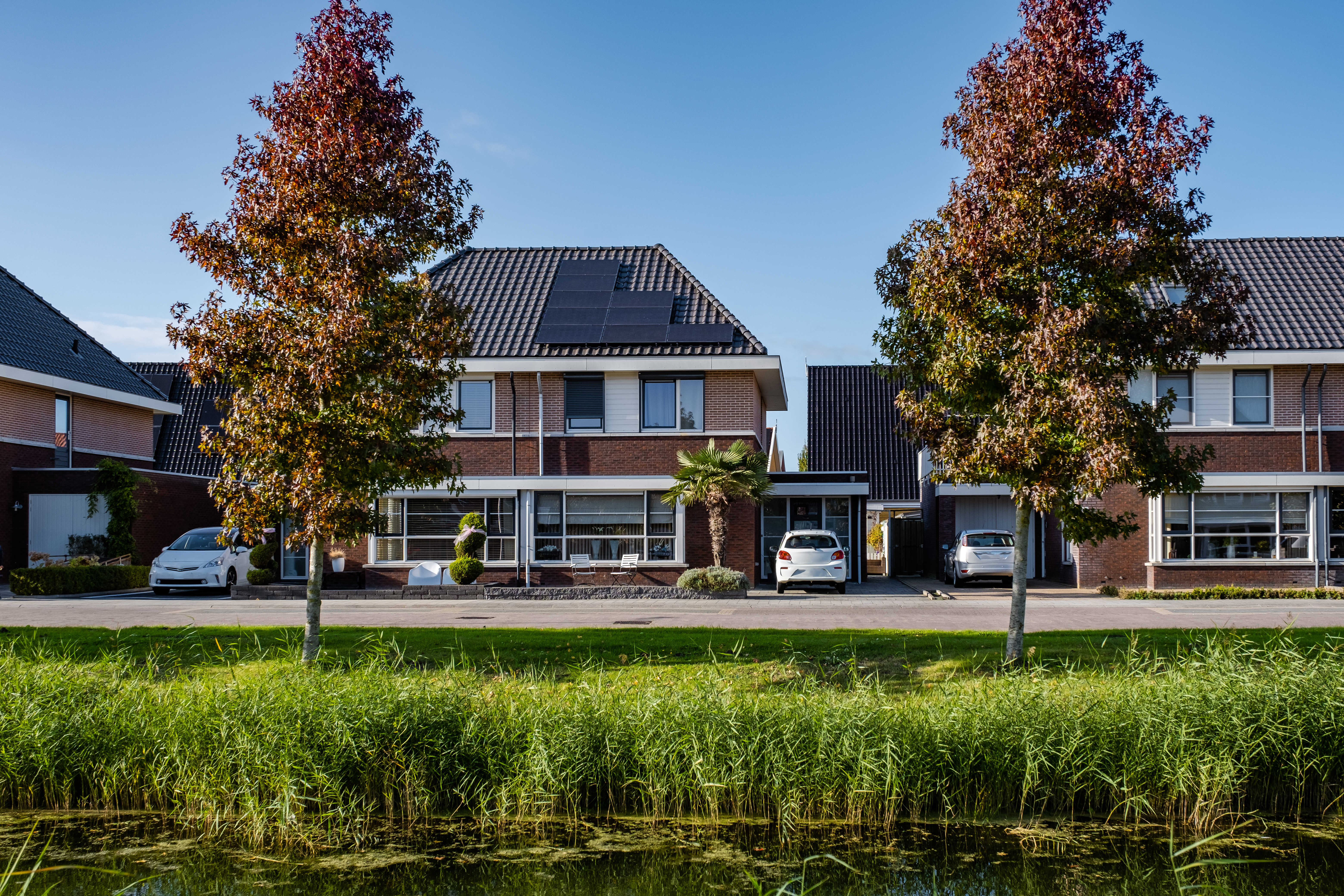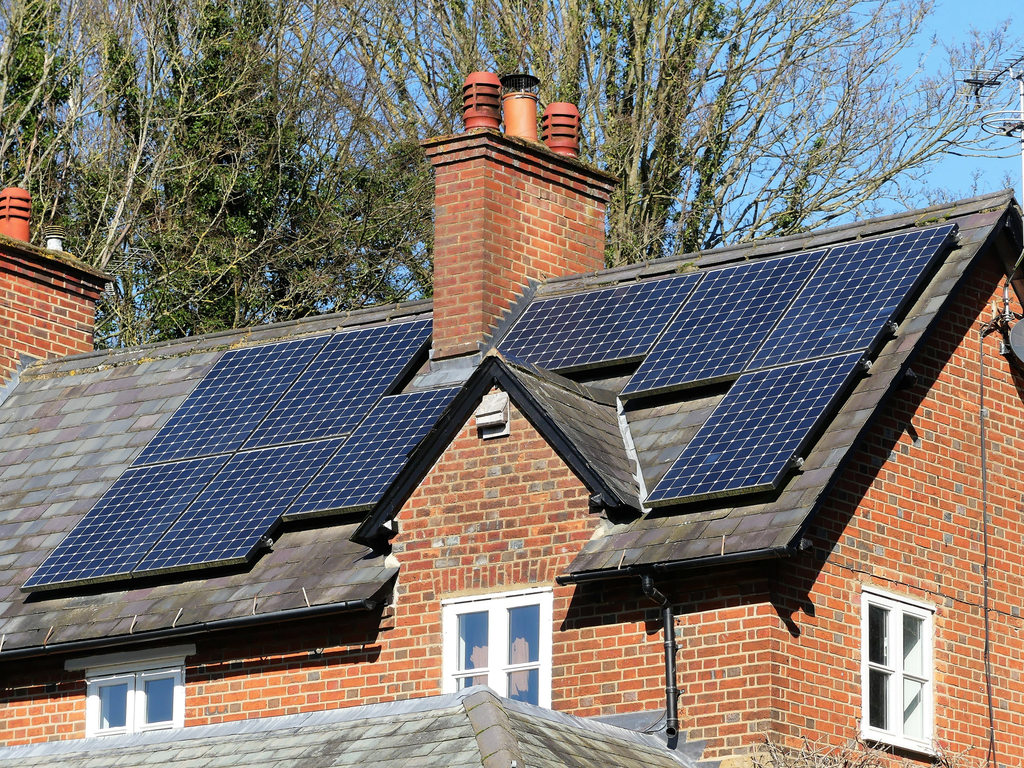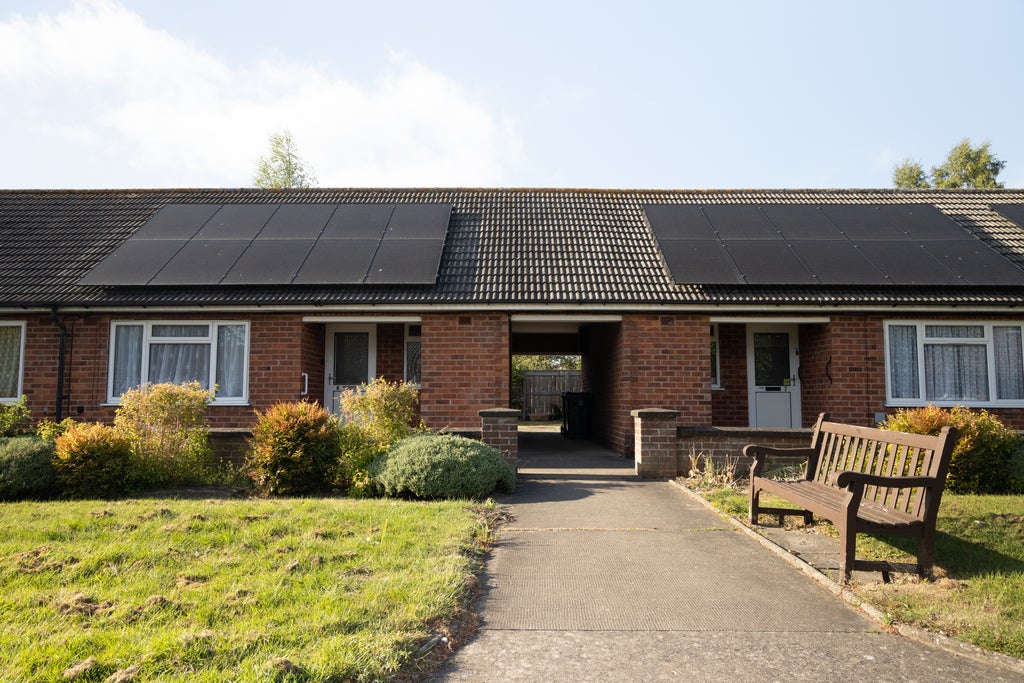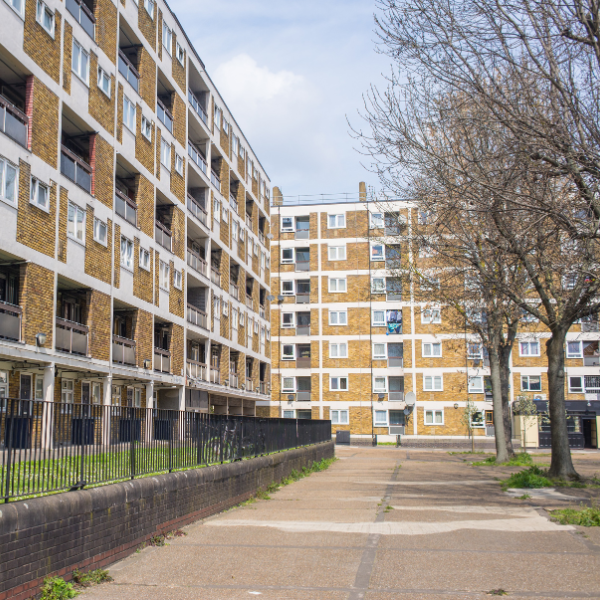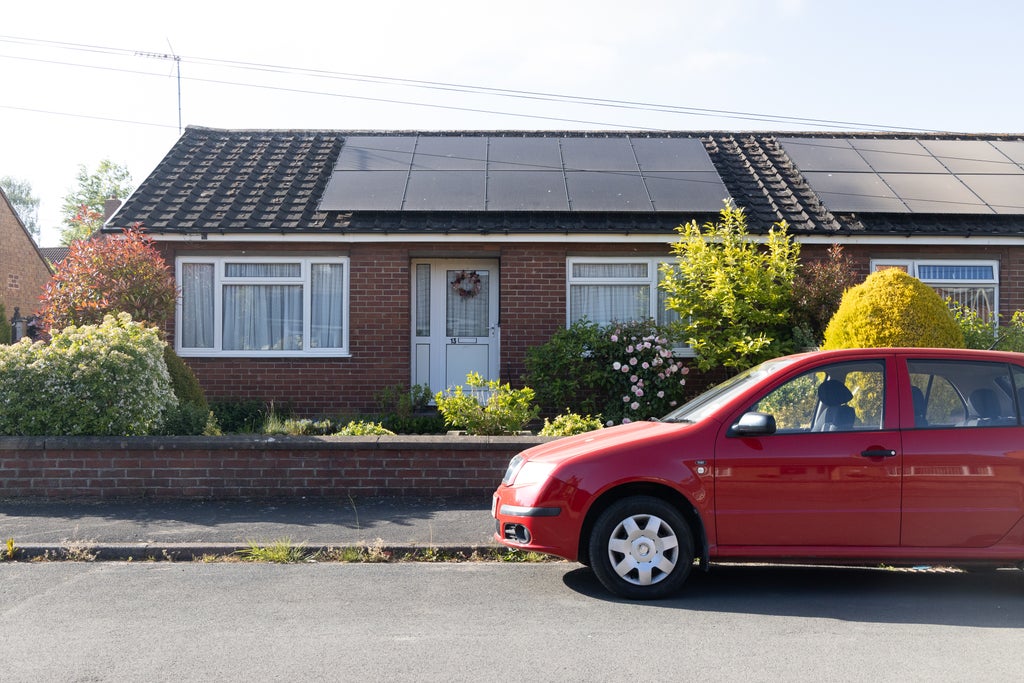The recent conference season in the UK has revealed an increasingly polarised debate on net zero and retrofit sectors. While Labour and the Liberal Democrats maintain their commitment to the transition, the Conservative and Reform UK parties have positioned themselves as its main opponents.

There has been a common thread through all parties’ approach, namely the link between energy policy and the cost of living.
The Conservative's pledge to repeal the Climate Change Act 2008 was perhaps the headline move.
This contrasted with Reform's opposition to net-zero policies, as well as the current government's plans for warm homes and a "just transition," which has similarities to policies promoted by the Liberal Democrats and Green Party. Business leaders, academics, and past ministers were quick to raise concerns.
The Chief Executive of the Confederation of British Industry (CBI), Rain Newton-Smith, called the proposal a "backwards step" that would damage the economy. She argued the Act has been the "bedrock for investment" flowing into the UK. Energy UK called for the continuation of a “pragmatic transition to clean energy”, noting that “pulling out the rug from under critical investments will do nothing to lower energy bills”. More broadly, Professor Michael Grubb of UCL noted the "striking fact is how few UK businesses support scrapping the Climate Change Act," as they value the "clarity and certainty within a firm legal framework."
Meanwhile former Conservative Prime Minister Theresa May condemned the pledge as a "catastrophic mistake" and a "retrograde" step that upended 17 years of consensus, and former Conservative minister Alok Sharma, who was president of COP26, warned that repealing the Act was the right way to go about the "de-industrialisation of Britain”.
Labour's stance: green new deal and "just transition"
The Labour Party's commentary from its 2025 conference has emphasised a robust and comprehensive approach to the net zero transition, framing it as a "green new deal" that addresses both climate change and economic inequality.
Labour's key announcements focused on leveraging public investment to create jobs and ensure a "just transition" for workers. The Energy and Climate Change Secretary Ed Miliband announced a target to create 400,000 new jobs in the clean energy sector by 2030. To support this, the party plans to introduce a "fair worker charter" that would require companies receiving public funding to guarantee fair pay, flexible working, and access to trade unions.
On retrofit, Labour's commentary aligns with its broader economic strategy of using infrastructure investment to drive growth. Specific details on a large-scale home retrofit scheme were not as prominent as job creation pledges, perhaps due to delays to the publication of the Warm Homes Plan, and the party's focus on clean energy jobs implicitly includes roles for electricians, construction workers, and engineers, all of whom are vital to retrofitting Britain's housing stock.
Conservative Party stance: Abandoning consensus for ‘energy prosperity’
The Conservative Party conference marked a significant shift in its position on net zero. Leader Kemi Badenoch pledged to repeal the Climate Change Act 2008, a move that would rescind the UK's legally binding net zero targets. Badenoch argued the act has become a constraint, forcing "economically damaging decisions" to meet climate goals.
The new strategy, framed as "Energy is prosperity, "focuses on "cheap, reliable power" and economic growth without statutory emissions targets. Shadow Energy Secretary Claire Coutinho reinforced this, advocating for a shift back to maximizing oil and gas extraction in the North Sea, scrapping Labour's ban on new licenses, and reversing the energy profits levy.
The Conservatives also signalled a retreat from other decarbonization policies, with Shadow Transport Secretary Richard Holden confirming the party is against the Labour government's plan to ban the sale of all new petrol and diesel cars by the end of the decade.
Liberal democrats' stance: Pragmatic shift and consumer focus
The Liberal Democrats adopted a more pragmatic position, announcing a significant policy shift by dropping their 2045 net zero target and aligning with the government's 2050 goal.
Despite this, their commentary remains supportive of the net zero transition, focusing on the economic benefits for consumers.
The party's key proposals centred on cutting energy bills through investments in renewables and reforming the energy market to decouple gas and electricity costs. They re-emphasized their commitment to the government's 2030 Clean Power goal.
On retrofit, the Liberal Democrats' commentary was more direct than Labour's, calling for a new "energy security bank" to help homeowners and businesses improve the efficiency of their properties.
They also pledged to introduce a social energy tariff and provide free home energy upgrades for low-income households.
The Liberal Democrats' commentary also highlighted their commitment to community-led change, with a motion to establish a National Climate Assembly to involve citizens in climate decisions.
This is in line with their broader critical position of what they see as a "top-down" approach to infrastructure planning.
Whilst they remain aligned with Labour on many aspects of climate policy, they've positioned themselves as a check on the government, aiming for a transition is both affordable and fair for all.
Reform UK's stance: Anti-net zero with a fossil fuel agenda
In stark contrast to Labour, Reform UK's commentary at its conference was defined by its open opposition to net zero policies, which it characterizes as an economic burden on the country. The party's messaging centred on an oil and gas agenda.
Reform UK's policy platform advocates for scrapping the UK's net zero targets and policies, claiming this would save the government tens of billions of pounds and significantly cut energy bills. They pledge to end renewable energy subsidies, introduce new taxes on wind and solar, and halt battery storage developments. Instead, they propose fast-tracking new North Sea oil and gas licenses and trialling shale gas production.
Commentary from the conference revealed the party's intent to repeal the 2008 Climate Change Act and abolish the Department for Energy Security and Net Zero. They are positioning themselves as the party of energy security, arguing that reliance on intermittent renewables makes the UK vulnerable.
Whilst specific retrofit policies were not a central part of their public announcements, their overall stance suggests a complete withdrawal of government support for low-carbon home upgrades, instead focusing on reducing energy costs through traditional fossil fuel sources.
Green Party's stance: Urgent decarbonisation and a "Zero-Carbon Homes" Mandate
The Green Party’s emphasis was on the need for urgent and transformative climate action, framing it as a necessity for both environmental survival and social justice. Their proposals aim to deliver a rapid shift towards a decarbonised future, with a particular focus on making every home a highly energy-efficient, zero-carbon dwelling.
The Green Party's key announcements focused on leveraging public investment for a comprehensive retrofit programme and a wholesale transition to renewable energy. A central plank of their strategy is a nationwide, publicly funded home insulation and retrofit scheme, designed to bring all existing homes up to the highest possible energy efficiency standards.
This ambitious programme is intended to drastically reduce energy demand, slash household bills, and eliminate energy poverty. While specific job creation targets were not as prominently announced in the same vein as Labour's, the implicit scale of this retrofit initiative would necessitate the creation of hundreds of thousands of new roles across construction, engineering, and green trades.
On energy, the Green Party's commentary aligns with its broader vision of a fully renewable future. They advocate for a complete phase-out of fossil fuels and a transition to 100% renewable energy, supported by significant public investment in wind, solar, and smart grid infrastructure and the reduction in energy demand by homes.









